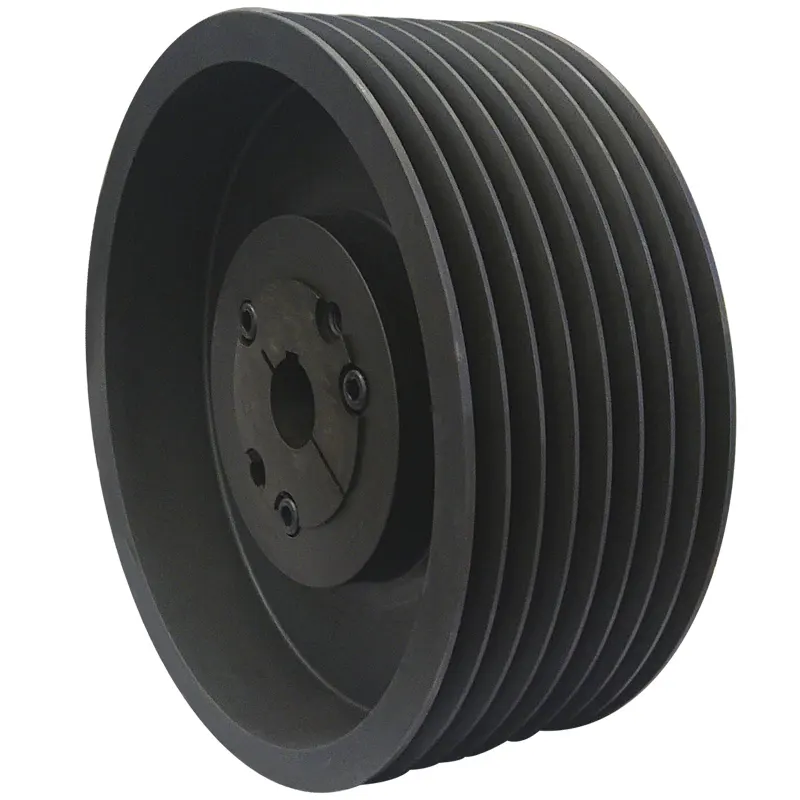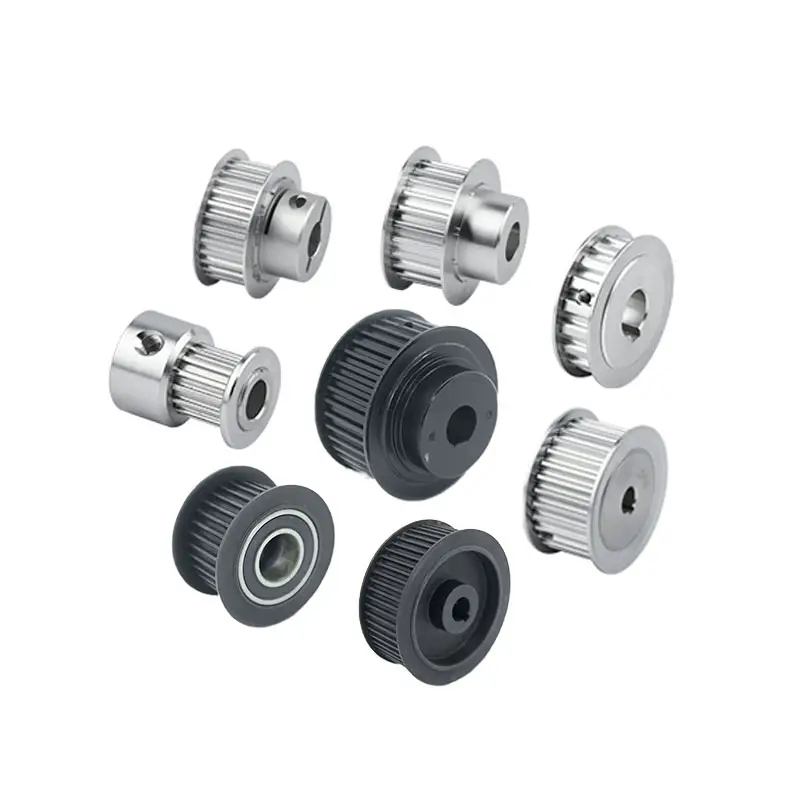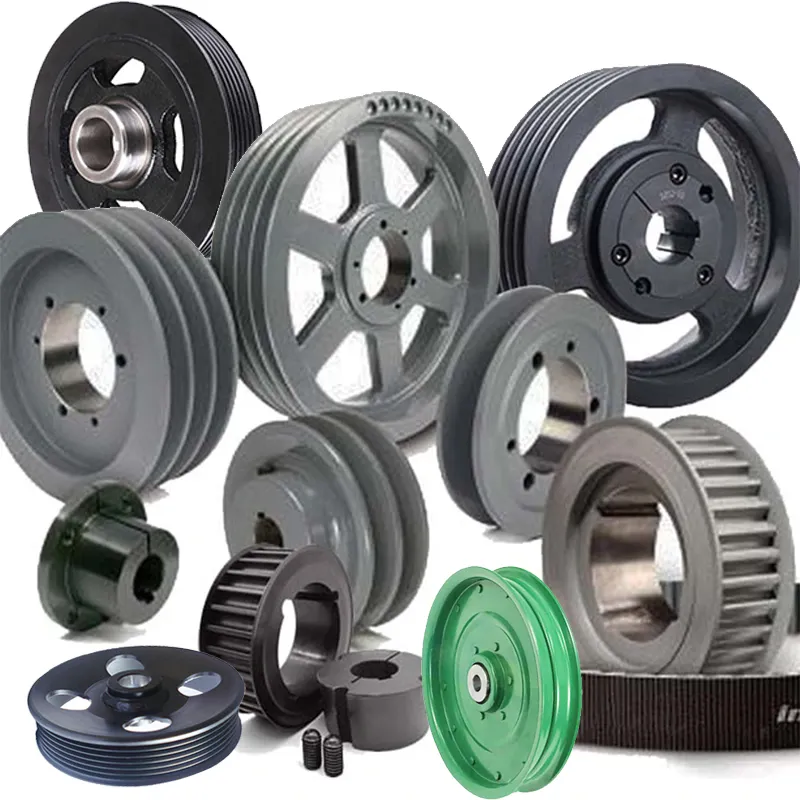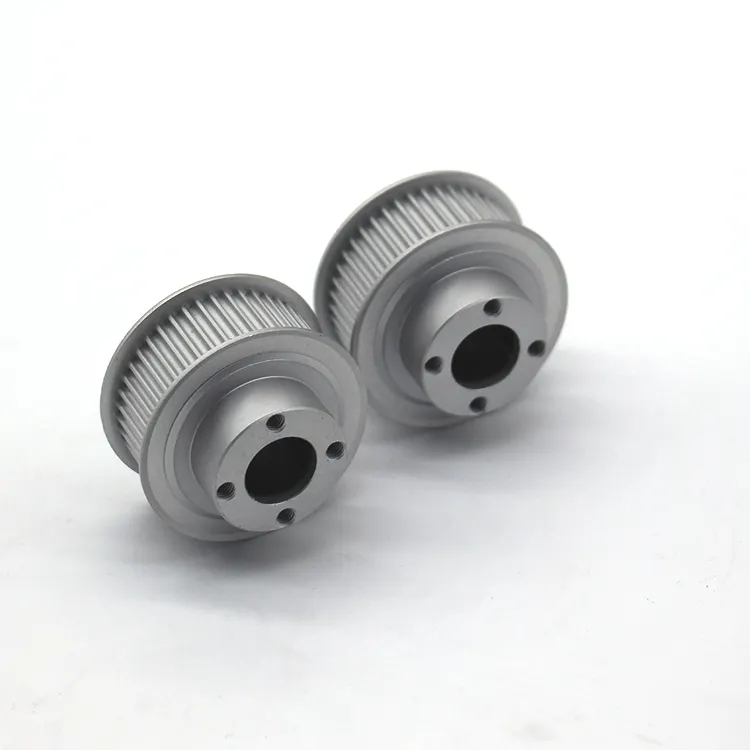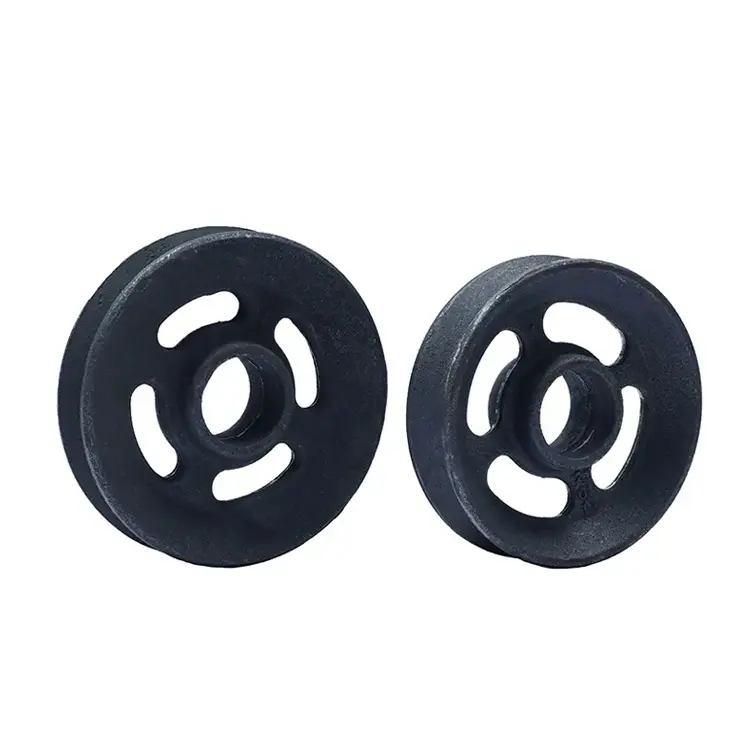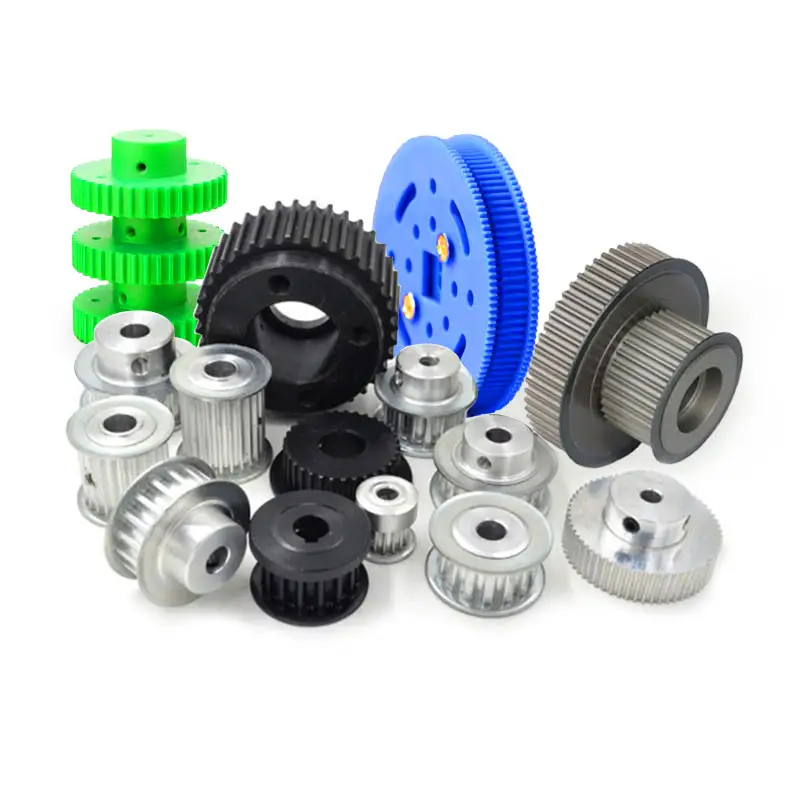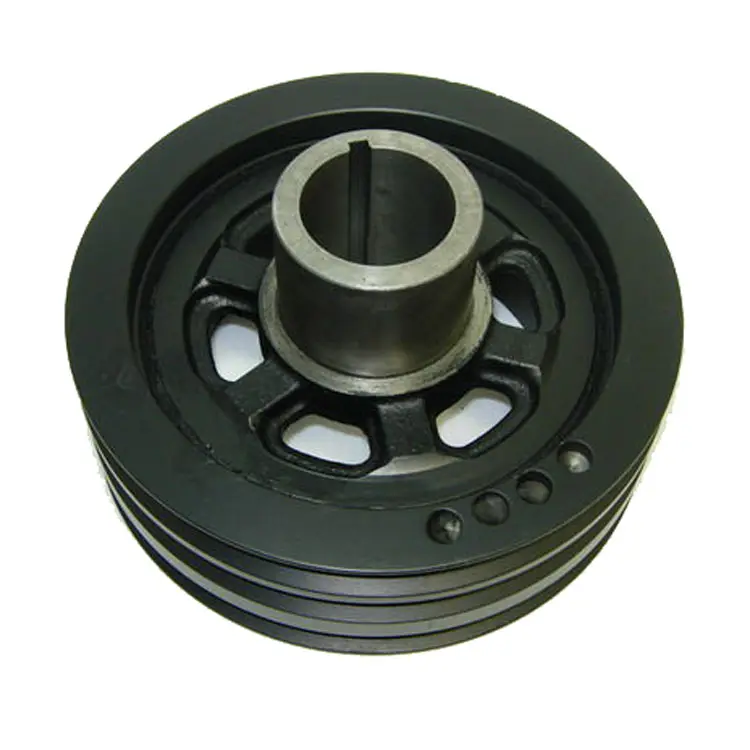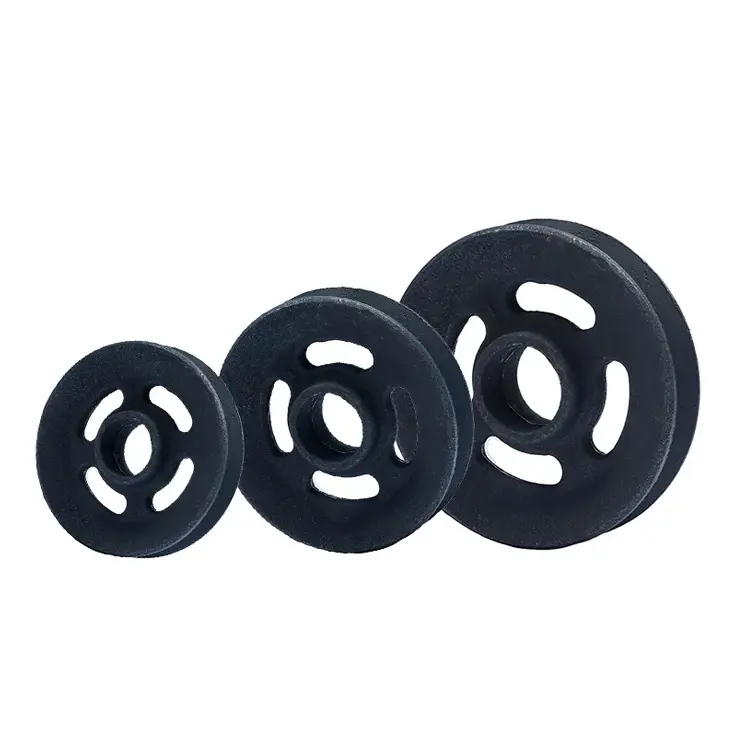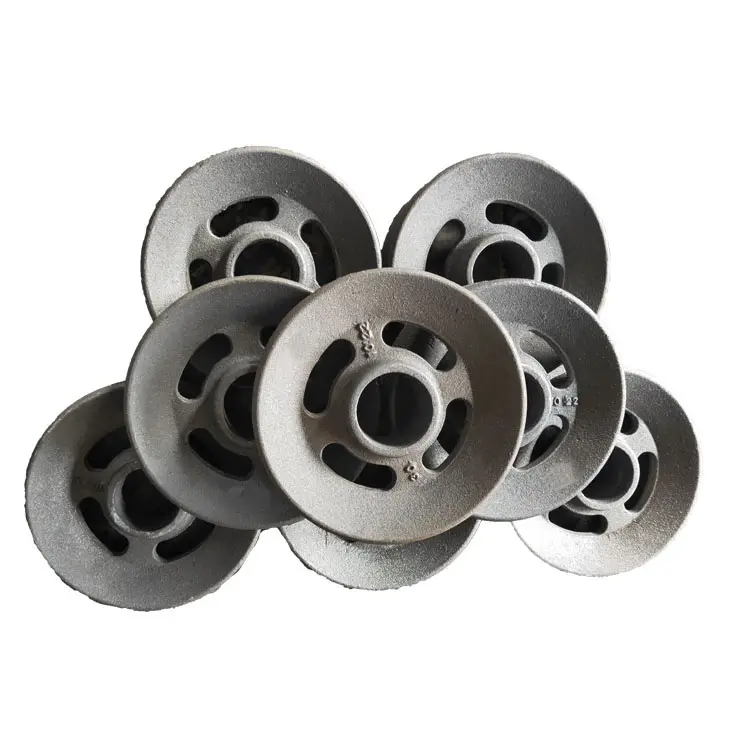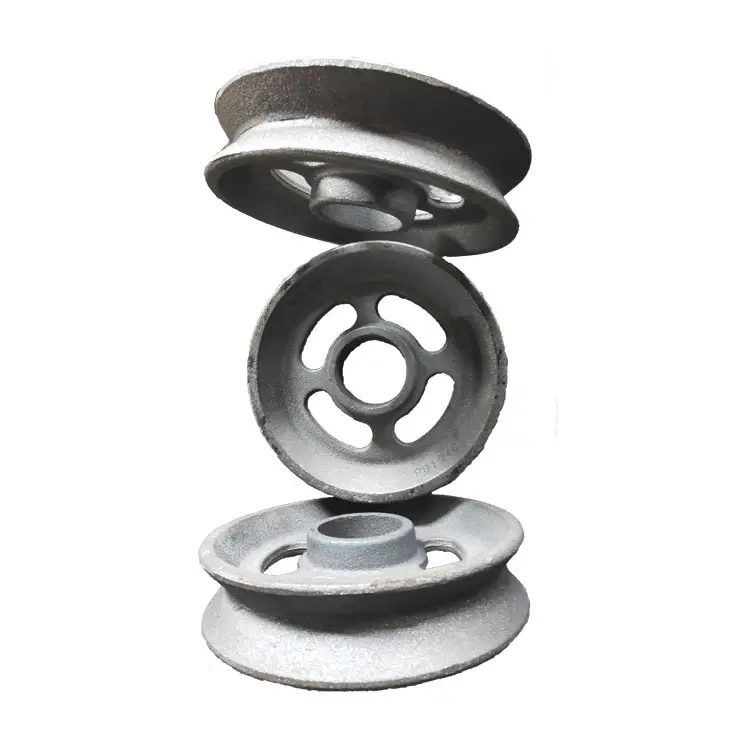Product Description
Product Parameters
Stainless Steel 304 Hardware Rigging Wire Rope Rolling Bearing Block Pulley
SS304 Rolling Block Pulley is Widely Used in American, Asian as well as the Mid East. It is 1 kind of most popular Cable Pulley Block all over the world. The size is from 3″-18″. NOTE *Special marks can be made according to customers’ requirments. *Special package can be made according to customers’ requirements. *We also offer steel wire rope, wire rope thimble, wire rope sleeve, high quality Chains, connecting link, eye ling hook, eye self locking hook, master link, master link assembly, welded master link, welded master link assembly, CHINAMFG link, etc.
STAINLESS STEEL SWIVEL SINGLE WHEEL PULLEY
| Size/inch | Code | W.L.L/lbs | Diam of Rope/inch | Qty/Case/pcs | N.W/G.W/kg | Carton Size/cm |
| 1 | HYR12-15711 | 520 | 1/2 | 50 | 14/16 | 44x32x10 |
| 1 1/4 | HYR12-15712 | 600 | 1/2 | 50 | 8/10 | 33x20x16 |
| 2 | HYR12-15713 | 1000 | 9/16 | 36 | 14/15 | 30x22x22 |
STAINLESS STEEL SWIVEL DOUBLE WHEEL PULLEY
| Size/inch | Code | W.L.L/lbs | Diam of Rope/inch | Qty/Case/pcs | N.W/G.W/kg | Carton Size/cm |
| 1 | HYR12-15714 | 520 | 1/2 | 100 | 20/22 | 52X17X16 |
| 1 1/4 | HYR12-15715 | 600 | 1/2 | 80 | 24/26 | 52X22X22 |
| 2 | HYR12-15716 | 1000 | 9/16 | 40 | 25/27 | 32X30X23 |
Certifications
Packaging & Shipping
Payment Term
Exhibition
Our Factory
Established in 1984 with a focus on rigging hardware, chain, wire rope sling and assembly fabrication, CHINAMFG MACHINERY CO.LTD.has evolved to become a full service supplier in distributing steel wire ropes, lifting slings, and rigging hardware to serve our clients needs in the Oil and Gas, Crane and Rigging,Stevedoring, Marine and General Construction industries. Besides we are also dealing with fasteners and other construction products to meet the requirements from our customers in this line.
Our brands CHINAMFG has earned highly reputation from our customers all over the world. Our clients have appreciated our time tested maxim of delivering products and services with honesty and integrity and in return it is our clients which have made possible the growth of our Company to the level it is today. In order to meet the growth of our customer needs we have recently acquired a larger more modern warehouse and production facilities, updated and expanded our range of wire rope assembly production equipment, increased and broadened our already comprehensive inventory, and expanded our sales and fabrication departments, with competent and reliable wire rope professionals.
By entering our web site you will be given an idea of our stock range of products, which we feel is a good balance of the items most frequently requested by our Clients. Kindly note that there are numerous products and services that are not shown at this time, so if you do not see the product you are looking for on the site, please contact our sales office directly.We will be adding even more products, product features, safety and technical information to the site, in the very near future.
HONYUAN people warmly welcomed your visit to our factory and discuss face to face, thank You!
/* January 22, 2571 19:08:37 */!function(){function s(e,r){var a,o={};try{e&&e.split(“,”).forEach(function(e,t){e&&(a=e.match(/(.*?):(.*)$/))&&1
| Certification: | CE, ISO |
|---|---|
| Manufacturing Process: | Die Casting |
| Material: | Carbon Steel |
| Samples: |
US$ 0/Piece
1 Piece(Min.Order) | Order Sample |
|---|
| Customization: |
Available
| Customized Request |
|---|
.shipping-cost-tm .tm-status-off{background: none;padding:0;color: #1470cc}
|
Shipping Cost:
Estimated freight per unit. |
about shipping cost and estimated delivery time. |
|---|
| Payment Method: |
|
|---|---|
|
Initial Payment Full Payment |
| Currency: | US$ |
|---|
| Return&refunds: | You can apply for a refund up to 30 days after receipt of the products. |
|---|
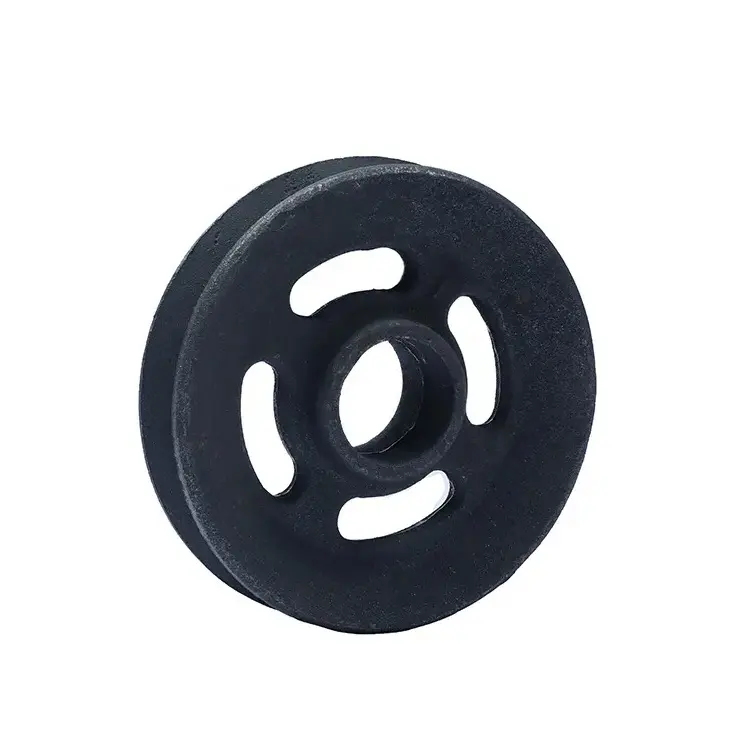
How are sheave pulleys used in the operation of cranes and hoists?
Sheave pulleys play a vital role in the operation of cranes and hoists, enabling the lifting and movement of heavy loads. Here is a detailed explanation of how sheave pulleys are used in the operation of cranes and hoists:
In cranes and hoists, sheave pulleys are typically incorporated into the lifting mechanism, often in combination with cables or ropes. The integration of sheave pulleys involves the following steps:
1. Lifting Mechanism Design: The lifting mechanism of a crane or hoist is designed based on the specific requirements of the lifting operation. Factors such as load capacity, lifting height, and application type are taken into consideration.
2. Wire Rope Selection: The appropriate wire rope or cable is selected based on the load capacity and other relevant factors. The wire rope is chosen to have suitable properties such as strength, flexibility, and resistance to wear or corrosion.
3. Sheave Pulley Configuration: Sheave pulleys are configured and positioned within the lifting mechanism to guide and support the wire rope. The pulleys are mounted on a framework or structure that allows them to rotate freely.
4. Multiple Pulley Systems: Cranes and hoists often utilize multiple sheave pulleys arranged in various configurations to achieve mechanical advantage and increase lifting capacity. These configurations include single sheave, double sheave, and multiple sheave arrangements.
5. Wire Rope Routing: The wire rope is threaded through the grooves of the sheave pulleys, creating a continuous loop. The pulleys guide the wire rope along the intended path, ensuring proper alignment and minimizing friction.
6. Drive Mechanism: A drive mechanism, such as an electric motor or hydraulic system, provides the power necessary to rotate the sheave pulleys. The rotation of the pulleys causes the wire rope to move, lifting or lowering the load.
7. Lifting and Lowering: When the crane or hoist is operated, the sheave pulleys rotate, causing the wire rope to move. As the wire rope is wound or unwound from the pulleys, the load is lifted or lowered accordingly. The mechanical advantage provided by the multiple pulley systems allows for efficient lifting and precise control.
8. Load Control and Safety: Cranes and hoists incorporate various control mechanisms, such as brakes and limit switches, to ensure safe and controlled lifting operations. These mechanisms work in conjunction with the sheave pulleys and other components to prevent overloading, uncontrolled descent, or other hazardous situations.
Regular maintenance and inspection of the sheave pulleys, wire rope, and other lifting components are essential to ensure the continued safe and reliable operation of cranes and hoists. This includes lubrication of the pulleys, checking for signs of wear or damage, and making necessary adjustments or replacements to maintain optimal functionality.
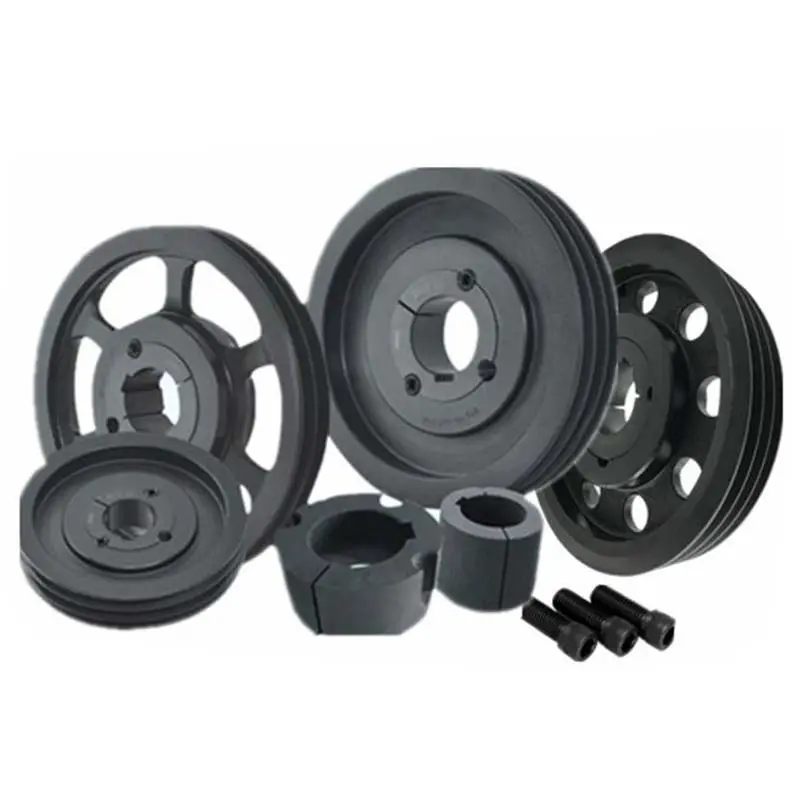
How are sheave pulleys utilized in industrial machinery and conveyor systems?
Sheave pulleys play a crucial role in industrial machinery and conveyor systems, providing mechanical advantage, facilitating directional changes, and ensuring efficient power transmission. Here is a detailed explanation of how sheave pulleys are utilized in these applications:
1. Belt and Chain Drives: Sheave pulleys are commonly used in belt and chain drive systems to transmit power between different components of industrial machinery. By connecting the driving and driven shafts with a belt or chain looped around the sheave pulleys, rotational motion can be transferred from one shaft to another. The size and configuration of the sheave pulleys determine the speed and torque ratio between the input and output shafts, allowing for speed reduction or amplification as required by the machinery’s design.
2. Conveyor Systems: Sheave pulleys are integral components of conveyor systems used in industries such as manufacturing, mining, and logistics. In conveyor belts, sheave pulleys are typically installed at the ends of the belt to support and guide the belt as it moves. The rotation of the sheave pulleys drives the belt, enabling the transportation of materials or products along the conveyor line. By incorporating multiple sheave pulleys, conveyor systems can be designed to change the direction of belt movement, merge or divert product flows, and accommodate different layouts and configurations within the industrial setting.
3. Tensioning and Tracking: Sheave pulleys are utilized for tensioning and tracking purposes in industrial machinery and conveyor systems. In belt-driven systems, sheave pulleys are often used as idler pulleys to maintain proper tension in the belt. By applying tension to the belt, sheave pulleys ensure that it remains properly engaged with the driving and driven pulleys, preventing slippage and ensuring efficient power transmission. Additionally, sheave pulleys with adjustable positions can be used to track the belt, keeping it centered and aligned within the conveyor system.
4. Load Distribution: Sheave pulleys contribute to load distribution in industrial machinery and conveyor systems. By distributing the load across multiple strands of belts or chains, sheave pulleys minimize stress on individual components and enhance the overall system’s durability and reliability. This load distribution also helps prevent excessive wear and tear on the belts or chains, reducing maintenance requirements and extending their service life.
5. Speed Control: Sheave pulleys allow for speed control in industrial machinery and conveyor systems. By adjusting the diameter or configuration of the sheave pulleys, the rotational speed of the driven components can be regulated. This speed control is crucial in applications where precise control of the machinery’s output speed is required. It enables operators to match the speed of the machinery to the specific requirements of the production process, ensuring optimal performance and efficiency.
6. System Customization: Sheave pulleys offer flexibility and customization options in industrial machinery and conveyor systems. Different sizes, materials, and configurations of sheave pulleys can be selected based on specific application requirements. This allows for the design of systems that can handle a wide range of loads, speeds, and environmental conditions. The ability to customize sheave pulleys ensures that industrial machinery and conveyor systems can be tailored to meet the unique needs of various industries and applications.
Overall, sheave pulleys are essential components in industrial machinery and conveyor systems. They are utilized for belt and chain drives, conveyor systems, tensioning and tracking, load distribution, speed control, and system customization. By providing mechanical advantage, facilitating directional changes, and ensuring efficient power transmission, sheave pulleys contribute to the functionality, performance, and reliability of industrial machinery and conveyor systems in diverse industrial sectors.
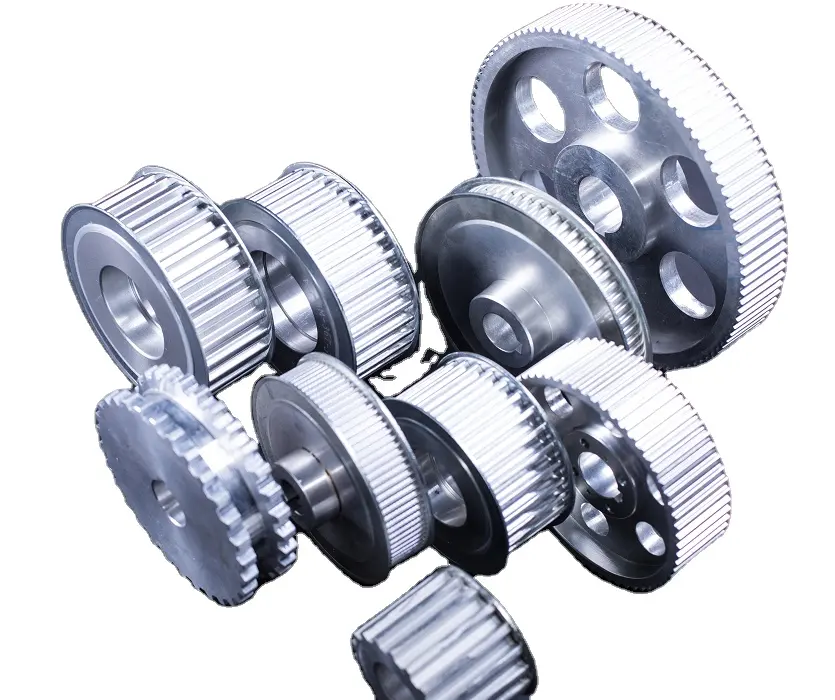
How do sheave pulleys contribute to effective weightlifting and material handling?
Sheave pulleys play a crucial role in facilitating effective weightlifting and material handling operations. Here is a detailed explanation of how sheave pulleys contribute to these processes:
1. Mechanical Advantage: Sheave pulleys provide a mechanical advantage by utilizing the principle of leverage. When a rope or cable is threaded through the grooves of a sheave pulley, it creates a system of multiple ropes or cables. This arrangement allows for the distribution of the load over several strands, reducing the amount of force required to lift the weight. The mechanical advantage provided by sheave pulleys enables individuals to lift heavier loads with less effort, making weightlifting and material handling more efficient.
2. Directional Change: Sheave pulleys allow for changes in the direction of force applied to the lifting or moving object. By redirecting the path of the rope or cable, sheave pulleys enable weightlifting and material handling in various directions, including vertical, horizontal, or angled movements. This versatility in directional change is particularly useful in situations where objects need to be lifted, lowered, or moved in different orientations, enhancing the flexibility and adaptability of weightlifting and material handling processes.
3. Load Distribution: Sheave pulleys distribute the load evenly across multiple strands of rope or cable. This load distribution minimizes stress on individual strands, reducing the risk of rope or cable failure. By spreading the load, sheave pulleys enhance the safety and reliability of weightlifting and material handling operations. Additionally, load distribution helps prevent damage to the lifted or moved objects, ensuring their integrity during the process.
4. Controlled Speed: Sheave pulleys enable controlled speed during weightlifting and material handling. By adjusting the diameter and configuration of the sheave pulleys, the speed at which the rope or cable moves can be regulated. This control over speed is crucial for precise and safe lifting or movement of heavy objects. It allows operators to maintain proper control and prevent sudden or erratic movements, reducing the risk of accidents or damage to the load.
5. Efficient Power Transmission: Sheave pulleys facilitate efficient power transmission in weightlifting and material handling systems. By utilizing grooves that match the profile of the ropes or cables, sheave pulleys maximize the contact area and grip between the pulley and the lifting medium. This efficient power transmission minimizes slippage and loss of energy, ensuring that the applied force is effectively transferred to the load. As a result, weightlifting and material handling processes become more efficient and require less input power.
6. Scalability: Sheave pulleys offer scalability in weightlifting and material handling systems. Multiple sheave pulleys can be incorporated into a system to create complex arrangements, such as block and tackle configurations. These configurations allow for further mechanical advantage and increased lifting capacity. By adding additional sheave pulleys or combining them in different ways, weightlifting and material handling systems can be customized to meet specific load requirements, making them highly adaptable to different applications.
Overall, sheave pulleys significantly contribute to effective weightlifting and material handling by providing a mechanical advantage, allowing for directional changes, distributing the load evenly, enabling controlled speed, facilitating efficient power transmission, and offering scalability. These features enhance the efficiency, safety, and versatility of weightlifting and material handling operations in various industries and applications.


editor by CX
2024-03-03
